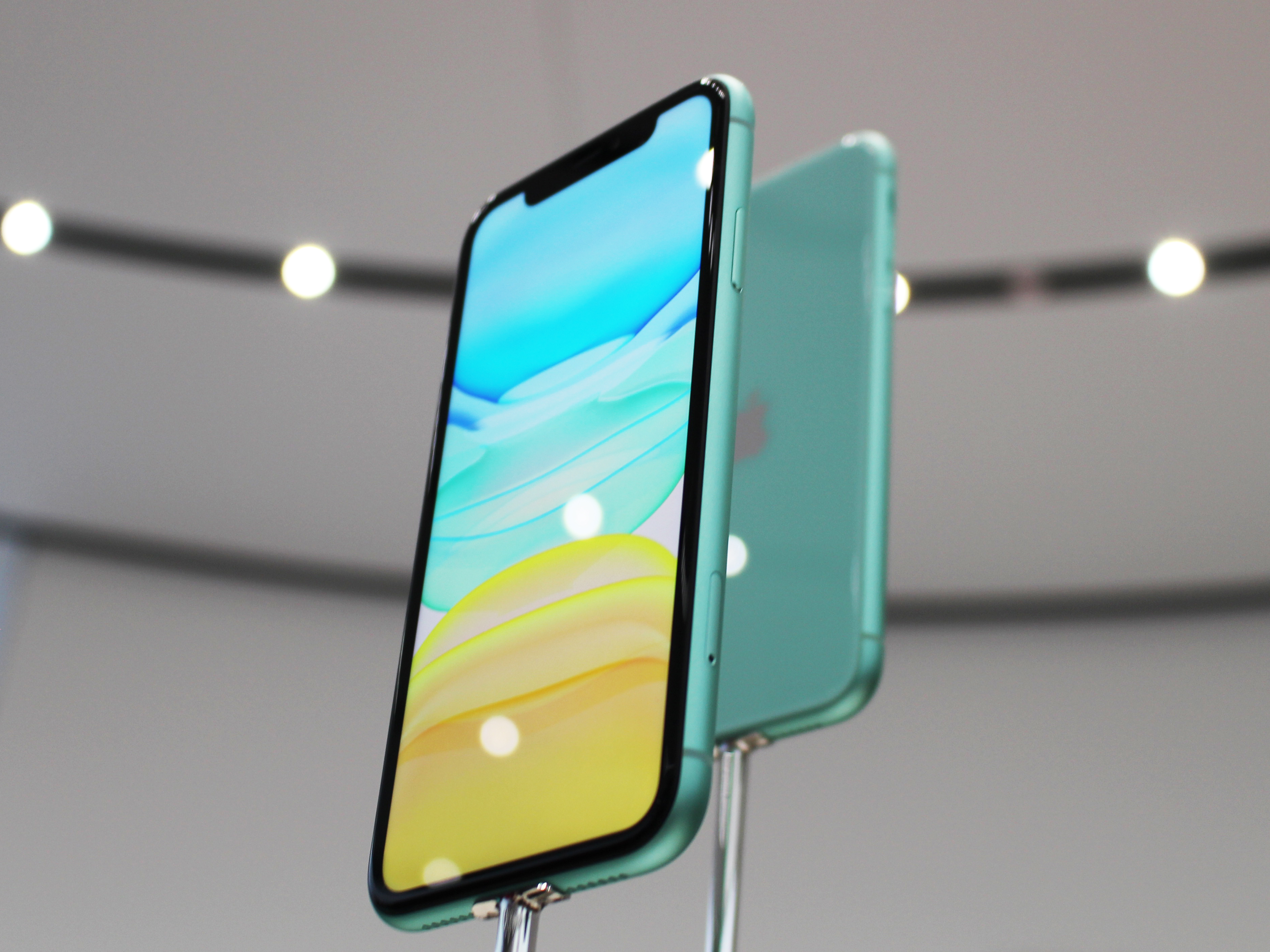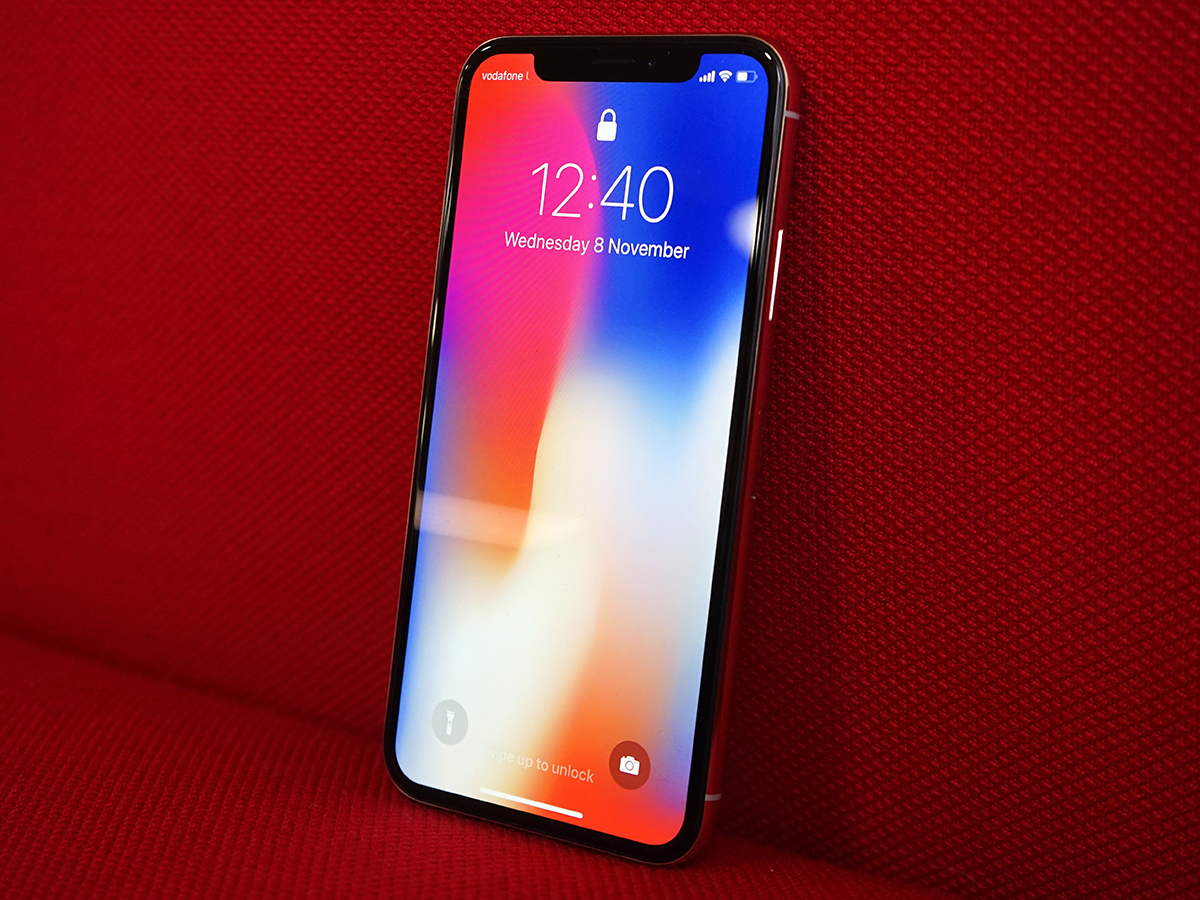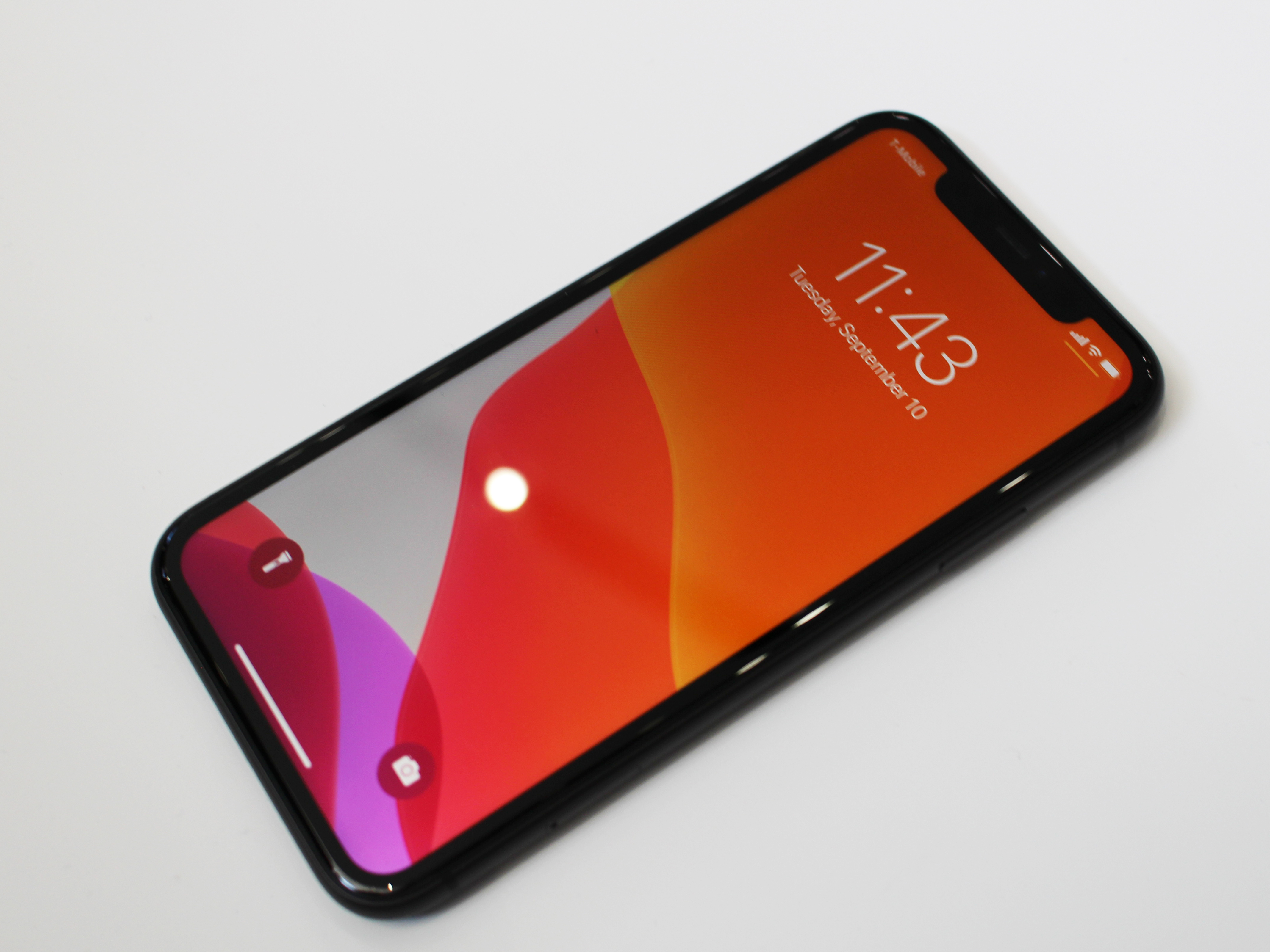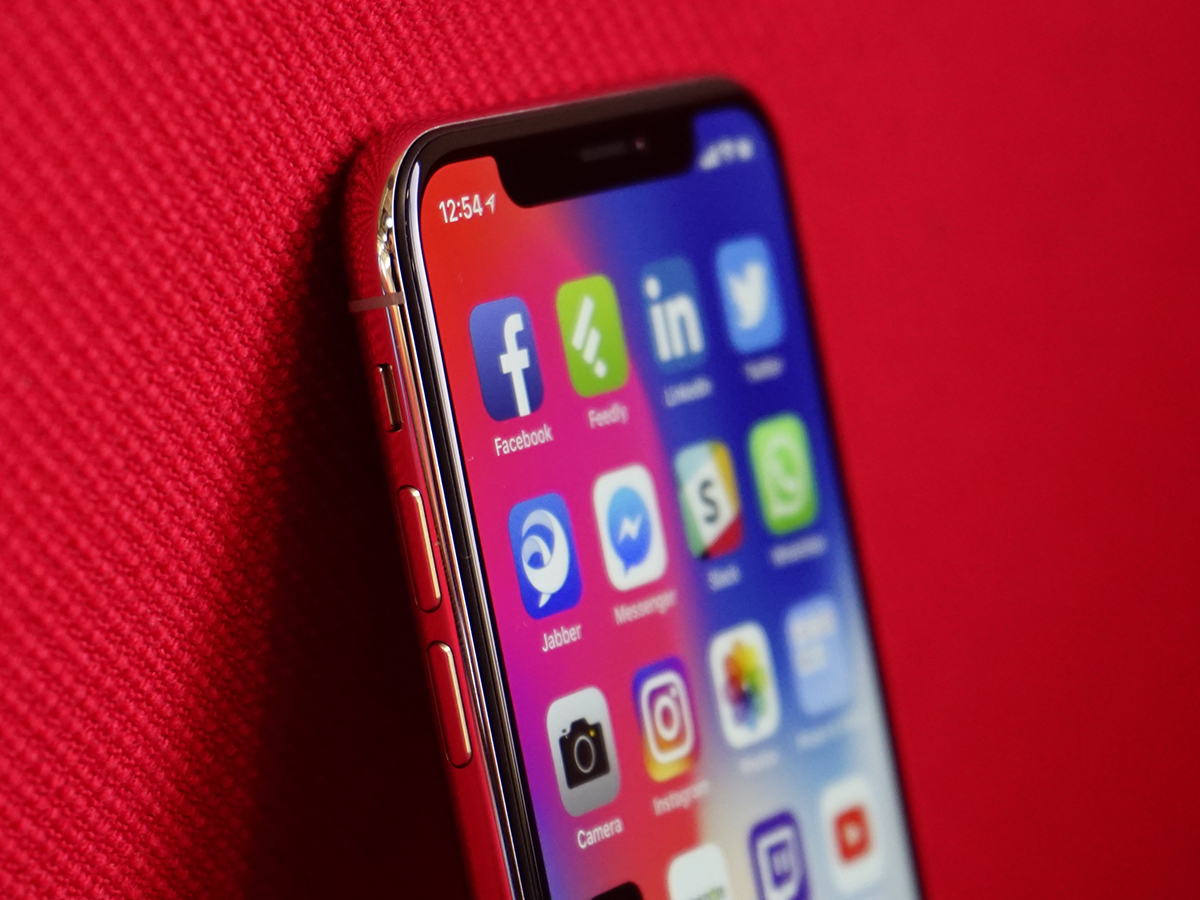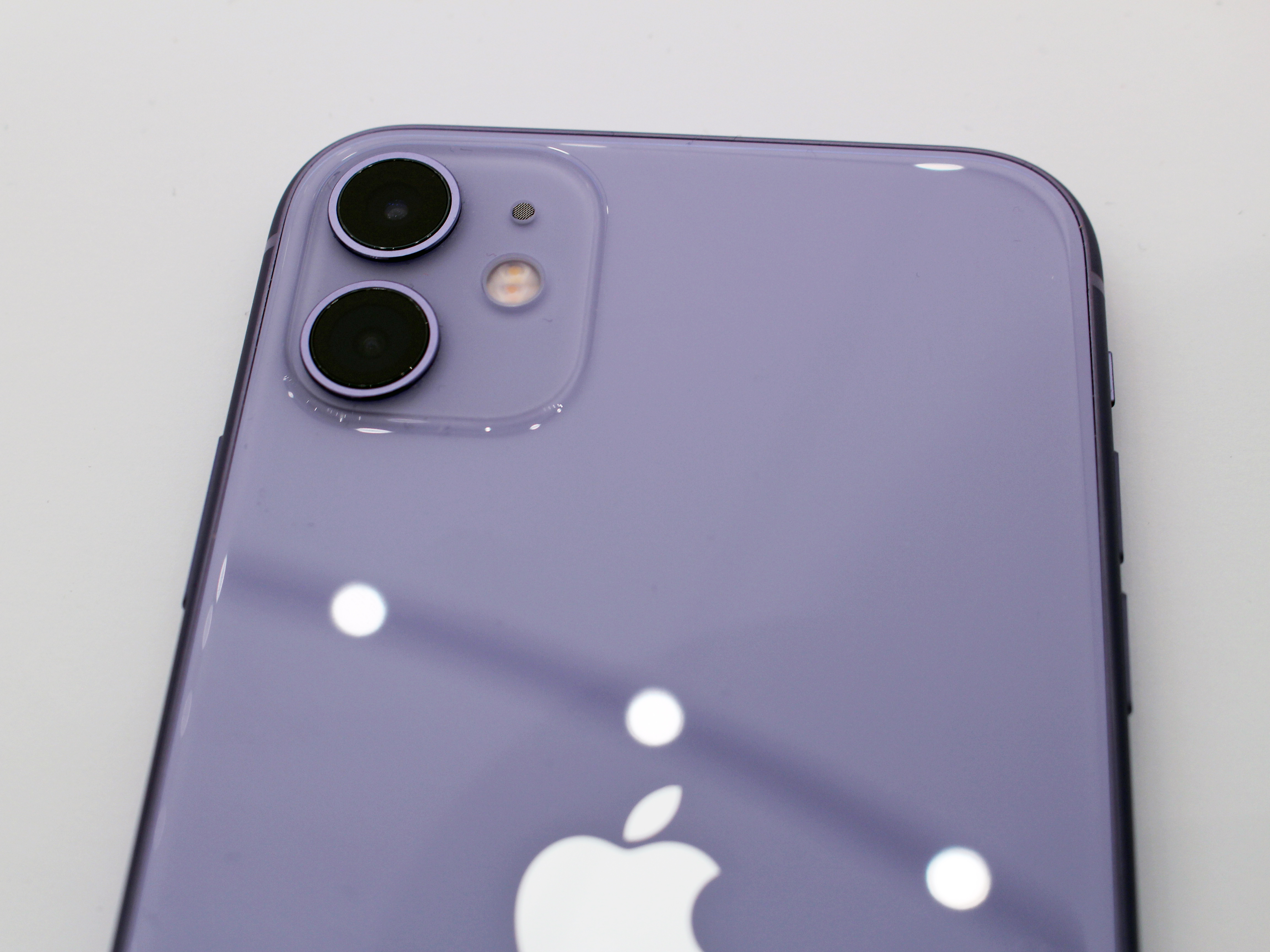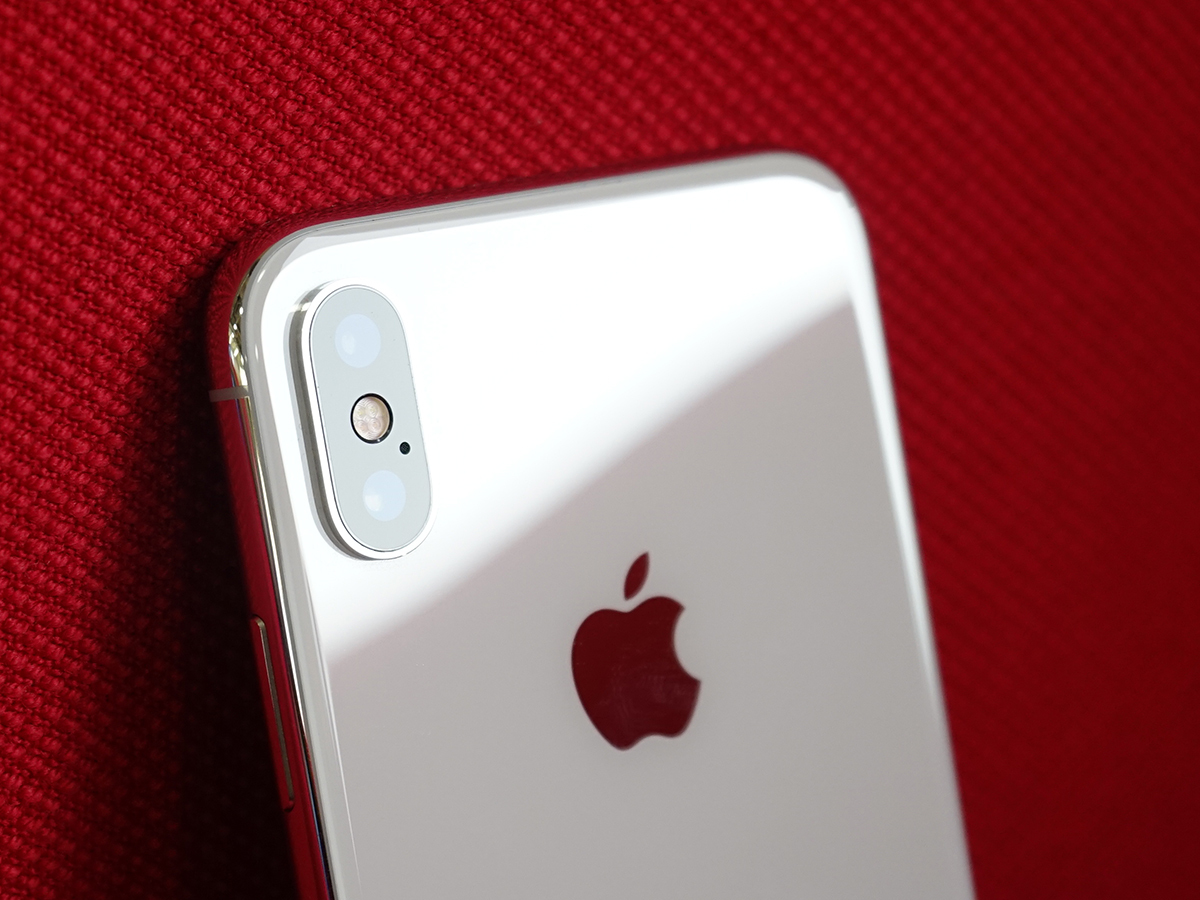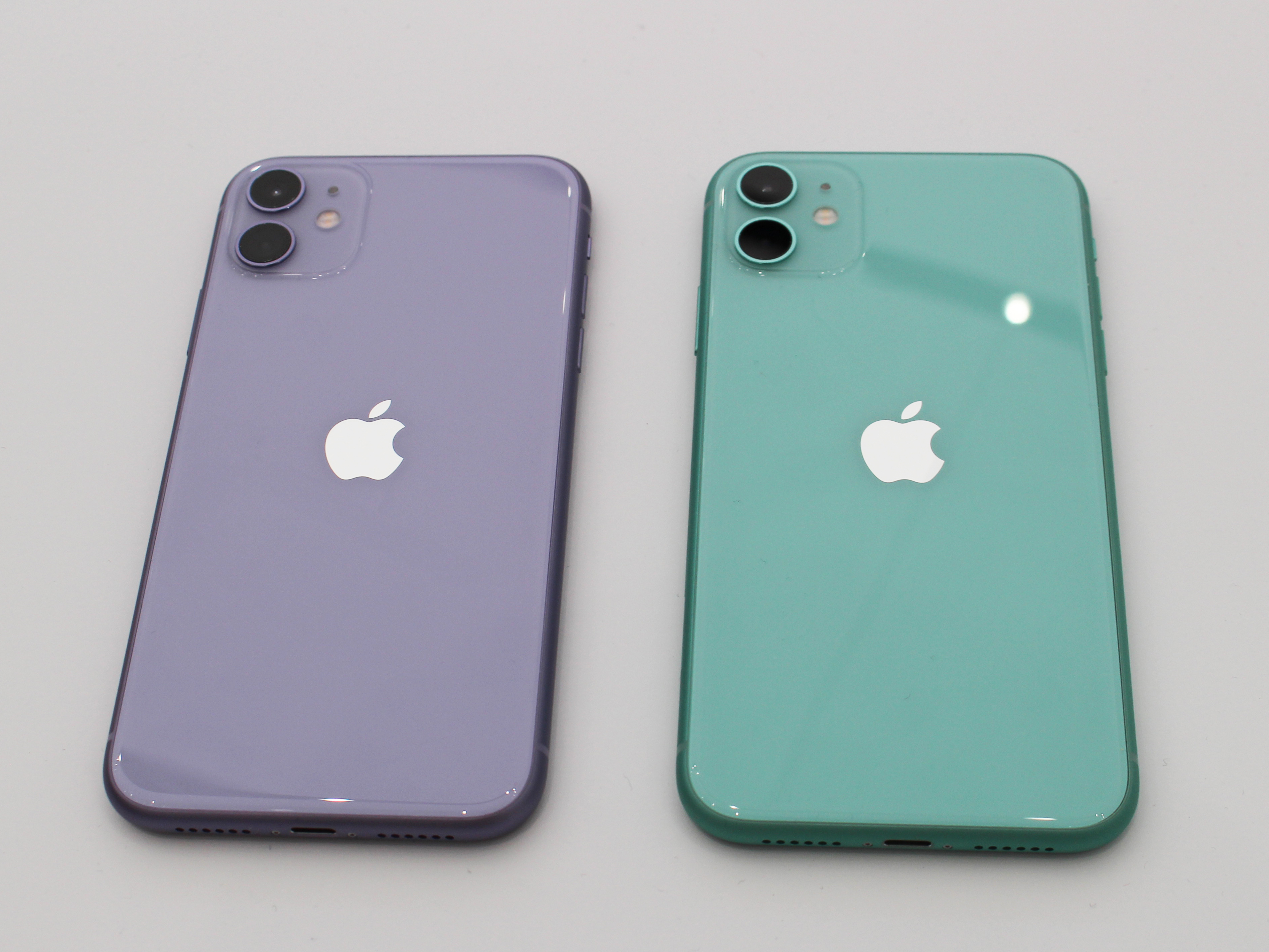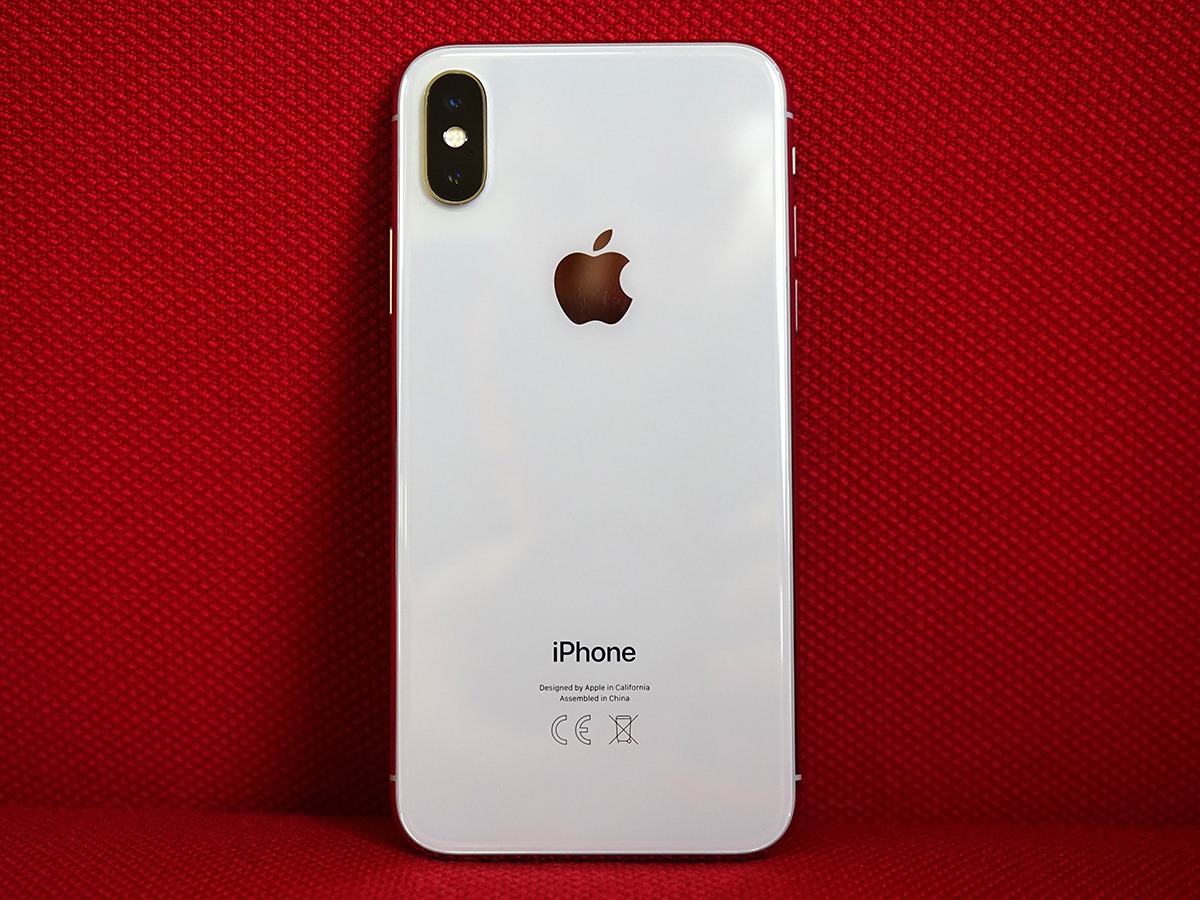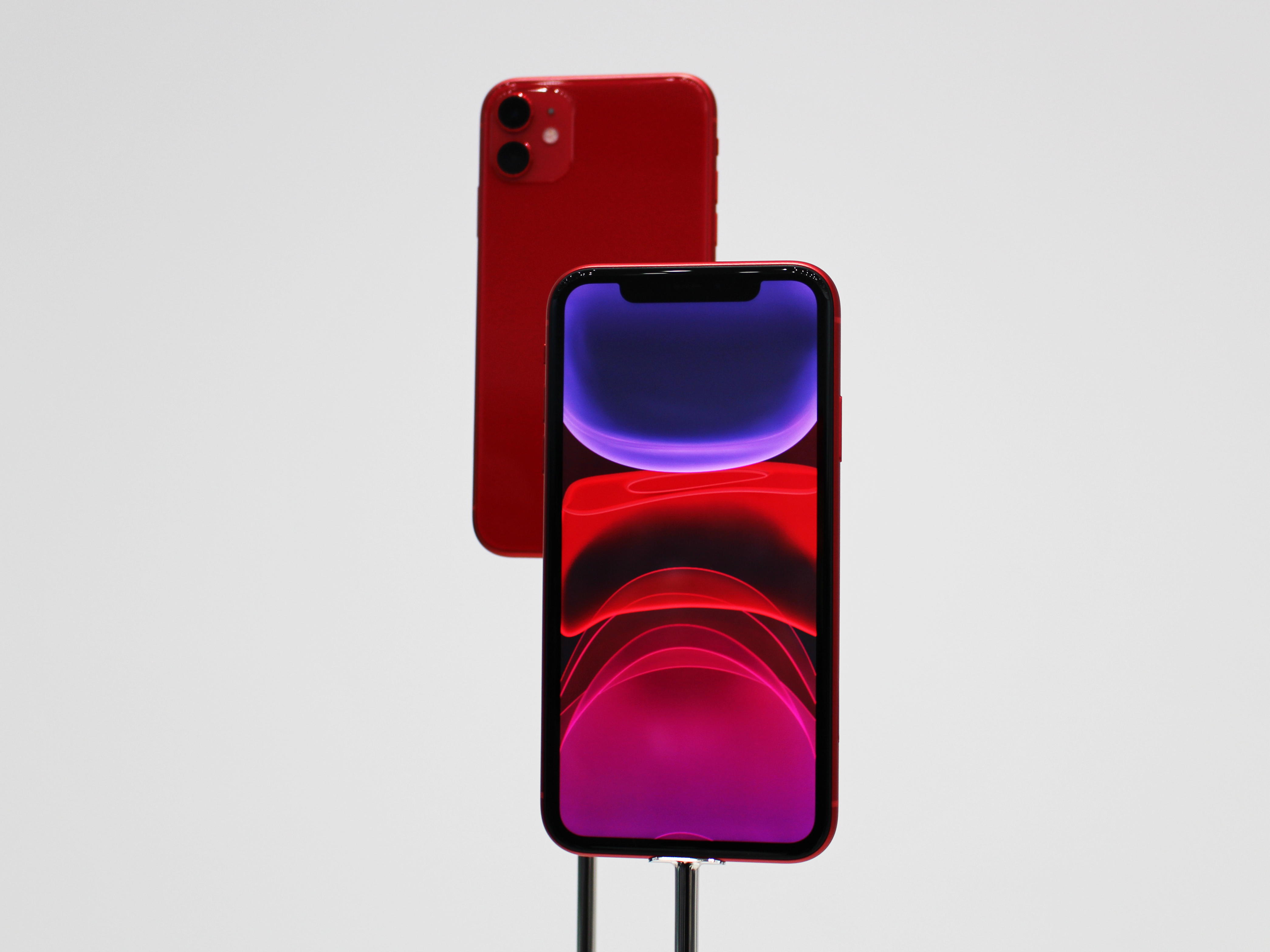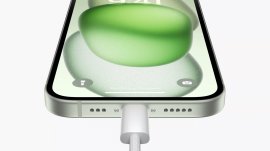Apple iPhone 11 vs Apple iPhone X: Should you upgrade?
If it's upgrade time, should you make this swap?
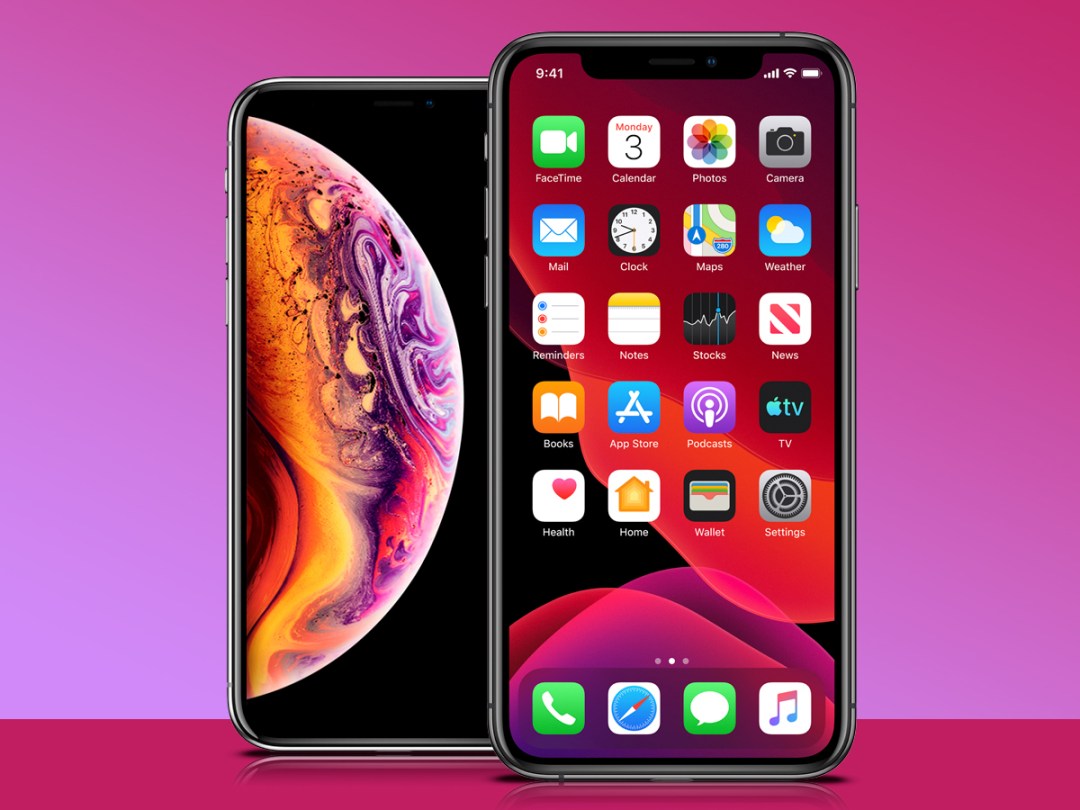
Despite what the name might suggest, the Apple iPhone 11 is not the direct successor to the iPhone XS. It’s the follow-up to the iPhone XR instead. Yes, that is a meaningful difference.
It’s been two years since the iPhone X came out and redefined Apple’s smartphone line, and if you’re considering an upgrade, you’ve got a tough decision to make. Do you go with the cheaper iPhone 11, or should you hold onto what you have?
Here’s how Apple’s latest core iPhone compares to the notch O.G.
Design: Nearly the same
Big notch? Check. All screen? You bet. Identical? Almost.
The iPhone XR is a little bit larger to account for the bigger screen, but otherwise it has the same overall form. The differences come in materials and colours, as the iPhone 11 uses alumimium for the frame and has a wider array of colours, while the iPhone X has the glossier stainless steel and only ever came in Silver and Space Gray.
Besides those bits, the feel and experience of using the phones are pretty similar overall. There’s a little bit more bezel around the iPhone 11’s screen, but it’s not a dramatic difference.
Screen: Serious downgrade
Here’s the biggest potential downgrade in your "upgrade" decision. The iPhone X has a better-than-1080p OLED display at 2436×1125 (458 pixels per inch), while the iPhone 11’s LCD comes in short at 1792×828 (326ppi).
In other words, the iPhone 11’s screen is a little bit larger, but the lower-resolution panel will be noticeably less crisp overall, and LCD tech doesn’t have the same level of contrast or inky blacks. Ultimately, the iPhone XR’s screen was still pretty good, but not as excellent as the iPhone X or XS.
Read More › Apple iPhone 11 hands-on review
Camera: Double double
Going from the iPhone X to the iPhone 11 essentially means swapping one dual-camera setup for another, but they’re different arrangements: the iPhone X has 12MP wide-angle and 2x zoom telephoto sensors, while the iPhone 11 has 12MP wide-angle and ultra-wide sensors.
You might miss the optical zoom functionality, but the ultra-wide camera gives you a new perspective to play with. Besides, you’re getting two-generations-newer cameras that are undoubtedly better at snapping seriously stellar shots, so this is surely an upgrade overall.
On the front, the 7MP camera of the iPhone X gets an upgrade to 12MP on the iPhone 11, plus Face ID is said to be much faster at recognizing you and it’ll do so from additional angles and distances. That’s helpful.
Performance: Faster and faster
The iPhone X’s A11 Bionic chip was super-fast, and led the smartphone pack in 2017 and much of 2018 – but the A12 Bionic got even faster, and sure enough, the new A13 Bionic goes another notch higher.
We doubt that it’s a dramatic difference in everyday use, but you can’t argue with extra speed. It’s sure to make games look better too, and we imagine that iOS 13 will run smoother on the iPhone 11 than any previous models.
Battery and perks: Lasts longer
The iPhone X had a solid all-day battery pack, rated for about 13 hours of local video playback – but the iPhone 11 aims higher, with an estimate of up to 17 hours of local video.
Not only is that a significant boost in uptime, but chances are good that your old iPhone X battery isn’t running at full capacity at this point anyway. It should be a noticeable difference. Both phones support wireless charging, too, so there’s no change there.
In terms of storage, both models start at 64GB, with the iPhone X also coming in a 256GB flavor while the iPhone 11 has 128GB and 256GB options. You’ll pay extra for those, naturally.
Read More › Apple iPhone X review
Initial verdict: Think hard
In nearly all ways but one, the iPhone 11 will be an upgrade over the two-year-old iPhone X – but that one outlier may be the most noticeable one of all. The screen is a little bit larger, but it’s also much lower-resolution and doesn’t have the benefits of OLED tech.
If you can tolerate a less-amazing display, then you’ll surely appreciate the speedier processor, improved cameras, and better battery life. Also, the £729 price tag is a lot less than the £999 of the iPhone X when it was still hot and fresh, not to mention the £1,049 of the new iPhone 11 Pro (the true iPhone XS successor).
Granted, going for the iPhone 11 Pro gets you a phone that’s surely better in all ways than the iPhone X, with the same-resolution OLED screen (but a couple generations newer) and an expanded triple-camera setup with more tricks up its sleeve.
That requires a heftier investment, however, so think about what you actually use your iPhone for the most – and which features you’re willing to compromise on, if any.
